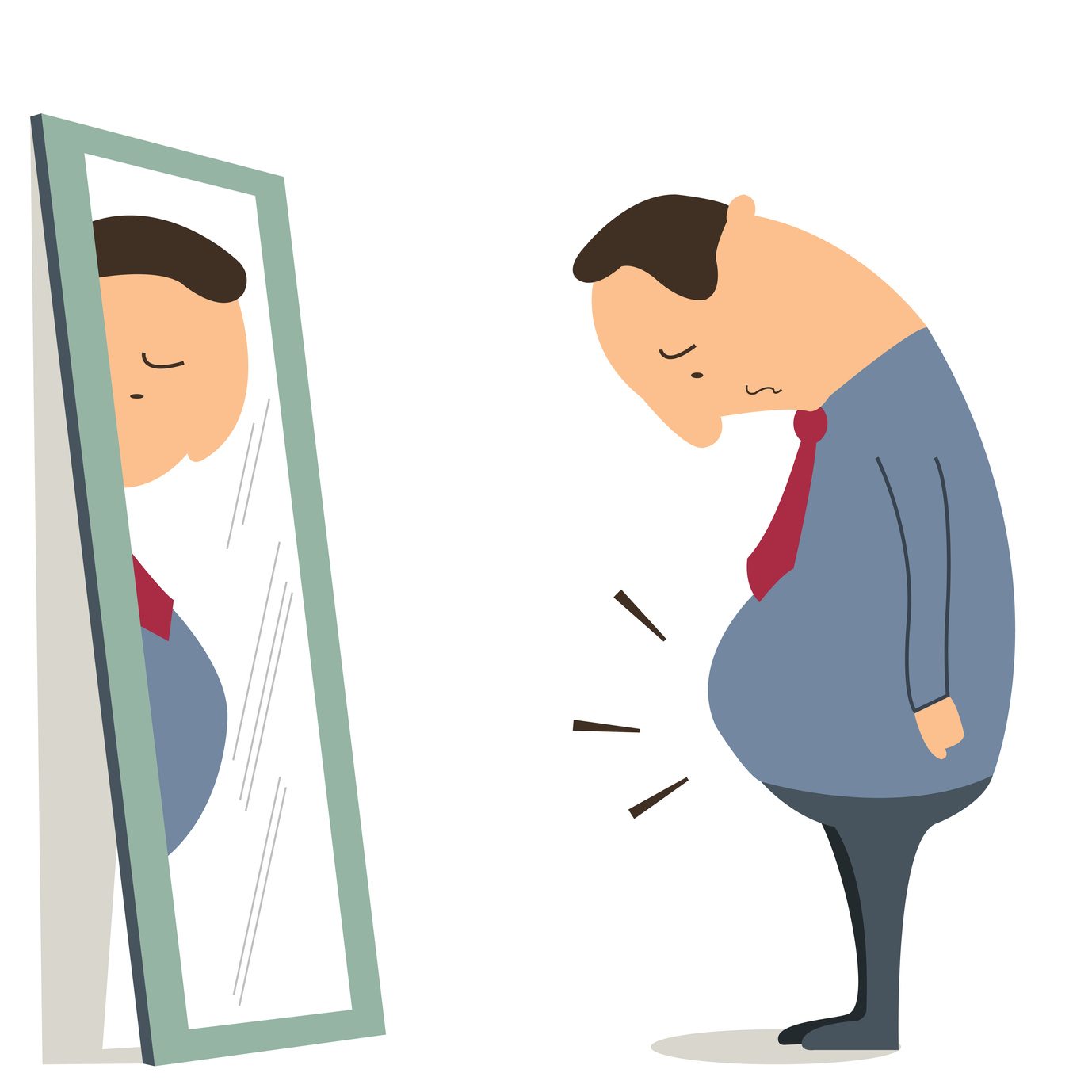Motivation, or lack thereof …….!!

By Claire Lloyd
Motivation is a fickle mistress…….
Some days you feel amazing, like you could conquer the world and take on any training session. Other days it’s more elusive than the Dodo. It’s totally normal to have peaks and troughs in terms of how you feel about training / exercising. And to a point, you have to go with the flow, knowing that the troughs pass and you’ll be back in the zone again!
Our team of Master Trainers are always on hand to offer advice to keep you on track and motivated, but ultimately that fire comes from you. Find what it is that drives you; what is it that makes you keep coming back for more week in and week out…..
• To live a healthy lifestyle
• To have a killer body (we all want this one right?!)
• To compete in a specific sport to the best of your ability
• Re-hab / Pre-hab for an injury; staying injury free
• Training for a specific event
If you need to, take a complete step away from your normal routine; shake up the days you train, try a different sport. Anything that reactivates your mind and its association with exercise. Find a way to fall in love with exercise again!
The hardest thing about loosing your motivation and going off the boil is stopping completely and then coming back again. We’ve all heard the saying “use it or lose it” and to an extent this is true. But there are various factors that contribute to how quick and how significant that loss is…….
Your initial level of fitness is usually the determining factor in how quickly you’ll lose fitness gains. One study looked at well-conditioned athletes who had been training regularly for a year. They then stopped exercise completely. After three months, researchers found that the athletes lost about half of their aerobic conditioning.
Fitness losses in less conditioned athletes are quicker and more significant. Another study followed new exercisers as they began a training program and then stopped exercise. Researchers had sedentary individuals start a bicycle fitness program for two months. During those eight weeks, the exercisers made dramatic cardiovascular improvements and boosted their aerobic capacity substantially. At eight weeks, they quit exercising for the next two months. They were tested again and were found to have lost all of their aerobic gains and returned to their original fitness levels.

Other studies look at the effects of decreasing exercise levels rather than stopping completely. The results were less damaging than those who had completely stopped training in some capacity. One study followed sedentary men through three months of strength training, three times a week. They then cut back to one session per week. They found that these men maintained nearly all the strength gains they developed in the first three months.
There are obviously many different factors to take in to consideration here, but these studies suggests that if you maintain some higher intensity exercise on a weekly basis, you can maintain your fitness reasonably well.
So whilst we all experience that lull in motivation every once in a while, you’re better off keeping your body ticking over. Cut back on the amount of days you’re training, try a different form of exercise or sport. But what ever you do KEEP MOVING!!
Check back in a few weeks for more tips on actually staying motivated and simple things you can do to keep on track.
Sources
Burgomaster KA, Cermak NM, Phillips SM, Benton CR, Bonen A, Gibala MJ. Divergent response of metabolite transport proteins in human skeletal muscle after sprint interval training and detraining. The American Journal of Physiology – Regulatory, Integrative and Comparative Physiology. 2007 Feb 15.
Lemmer, J. T., et al. Age and gender responses to strength training and detraining, Medicine and Science in Sports & Exercise, 32(8):1505-1512, August 2000.
Mujika I, Padilla S. Cardiorespiratory and metabolic characteristics of detraining in humans. Med Sci Sports Exerc. 2001 Mar;33(3):413-21. Review.
Toraman NF., Short term and long term detraining: is there any difference between young-old and old people? British Journal of Sports Medicine. 2005 Aug;39(8):561-4.



